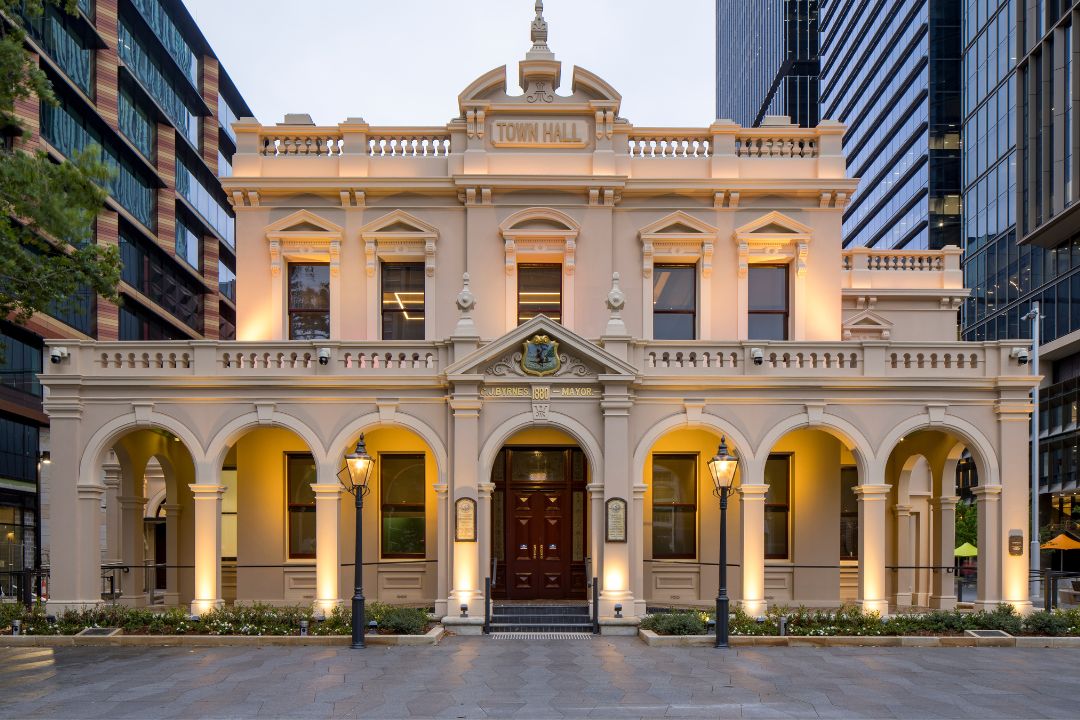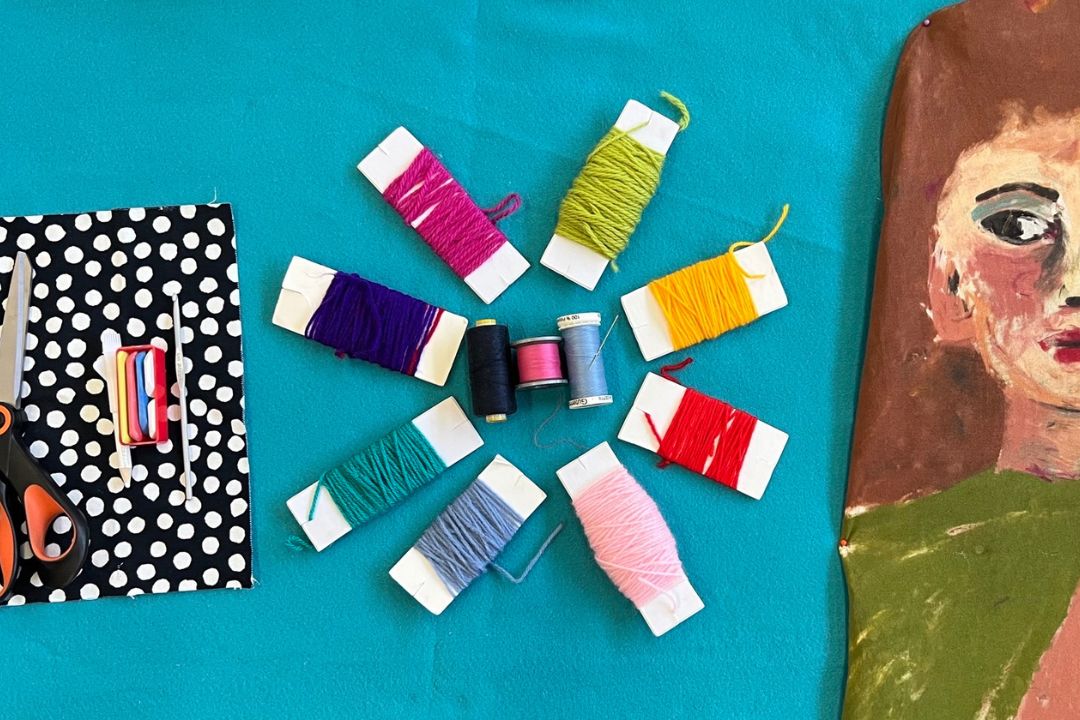Feeling stressed and unable to cope, or know someone who is?
There are free services and expert information available to everyone – don't be afraid to reach out for help.
Social distancing, self-isolation, loss of employment, remote working and home-schooling, not to mention fear of infection, can all be very stressful experiences. It is a normal response to feel overwhelmed, anxious and unable to cope with any of these issues, and especially when experienced at the same time.
Good mental health is just as important as good physical health – it enables you to cope in times of stress and tragedy, while also helping you to stay positive and appreciate what you do have. If you are struggling, do not hesitate to seek expert advice and reach out to services who are there to help you. There is nothing weak or self-centred in seeking help – you are taking control over your wellbeing by using the resources available to you, just like accessing online exercise guides, gym equipment or trainers to look after your physical health.
You are not alone, information and support is at your fingertips.
On this page you will find:
- Key steps to looking after your mental health and wellbeing;
- Links to free services that provide expert information and offer tools like apps for supporting good mental health and wellbeing;
- Links to free services that provide professional counselling support, with online and telephone options;
- Links to free services appropriate for men, women, children and young people.
Some services will provide all of the above, but it is recommended to do your research, and carefully chose what is right for you.
5 Steps to Supporting Good Mental Health under COVID-19 Restrictions
This is applicable for everyone, both under social distancing measures and at-home isolation regulations:
- Stay Active – find ways to be active in your home and exercise around the neighbourhood everyday according to your ability. Research shows strong links between good mental health and physical exercise/nature. Explore the internet for online exercise guides, including yoga, and ideas for at-home alternatives to visiting a gym or attending group classes.
- Eat Well – A healthy nutritious diet is also essential to good mental health. This might be the time to rediscover your cookbooks and explore the internet for new recipes while cutting down on snacks and sugar-loaded foods.
- Stay Connected – Reach out to friends, family and neighbours. Social connection is vital to our wellbeing, and while some people might need this contact more frequently than others, find ways and even new habits of connecting via the phone, online, mailbox drop and even over the fence.
- Develop a New Daily Routine – Especially if not occupied with working at home, try not to sleep in or stay up too late, and aim to include exercise, recreation and connecting with others.
- Be Informed by Facts – Constant media coverage about COVID-19 can create unnecessary fear and anxiety. Try to limit media exposure and instead seek factual information directly from reliable expert sources such as government departments, ABC and SBS News channels. Avoid reading and relying on information from non-expert sources, such as via social media messages making unsubstantiated claims.
For more details visit the Lifeline website.
Relaxation, Meditation and Mindfulness
As part of your daily routine, you may like to explore relaxation, meditation and mindfulness to help you manage feelings of stress, being overwhelmed, panic and anxiety. Most of the services listed on these pages provide free resources on relevant techniques along with many other resources for supporting good mental health. Below are a few direct links within some of those services:
Key Services for Free General Mental Health Support and Information
Lifeline
Lifeline provides all Australians experiencing a personal crisis with access to online, phone and face-to-face crisis support and suicide prevention services. The organisation also provides links to specialist services tailored to specific groups of people:
- Website
- Phone: 13 11 14 (24 hours day/ 7 days per week)
- Web Crisis Chat (7:00pm – midnight/7 nights)
- Text: 0477 13 11 14 (6pm-midnight/7 nights)
For people who do not speak English, a free interpreting service is also available for 13 11 14. To access this service:
- Call TIS on 131 450 and ask to talk to Lifeline on 13 11 14 in the language required.
- TIS will call 13 11 14 on behalf of the caller.
Beyond Blue
Beyond Blue is a national service for Anxiety and Depression. They offer online and telephone-based mental health services:
- Website
- Phone: 1300 22 4636 (24 hours/7 days)
- Webchat (3pm-12 midnight/7 days)
- Email via website (24 hour response)
- Online Forums
Beyond Blue also has a support site for schoolteachers and educators. The site has information on self-care techniques and how to support children in educator care during the outbreak.
Black Dog Institute
The Black Dog Institute conducts and shares research aiming to reduce the incidence of mental illness and the stigma around it and empower everyone to live the most mentally healthy lives possible. It provides a variety of tools, fact sheets and other resources to become informed about mental health – from supporting good mental health to addressing mental illness.
For Men
The COVID-19 outbreak is significantly changing the lives of men—as students, workers, parents and caregivers. Loss or changes to employment and homeschooling of children as well as caregiving can cause increased frustration, worry and stress. There are services that have been specifically developed for men.
MensLine Australia
MensLine Australia is a free online and telephone service just for men, and offers tips on how to get through things like homeschooling and dealing with physical isolation:
- Website
- Phone: 1300 78 99 78 (24 hours/7 days )
- Webchat and video (skype) counselling via website (24 hours/7 days)
Beyond Blue
Beyond Blue also offers a specialist support service for men. The dedicated website page provides information, tips and tools tailored for men, and you can still access Beyond Blue’s counselling services:
- Website
- Phone: 1300 22 4636 (24 hours/7 days)
- Webchat (3pm-midnight/7 days)
- Online Forums
For Women
The COVID-19 outbreak is creating significant impact on the lives of women who often juggle employment with the role of primary caregivers. Even without children, or young children, women are known for prioritising the needs of others first. With childcare and homeschooling now standard for most families, and with working remotely or loss of employment creating new pressures on households, women can face added burdens at home. There are services that have been specifically developed for women. Accessing these services is not a selfish act that places your needs before others, as looking after personal mental health enables you to continue caring for others.
Beyond Blue
Beyond Blue also offers a specialist support service for women. The dedicated website page provides information, tips and tools tailored for women, and you can still access Beyond Blue’s counselling services:
- Website
- Phone: 1300 22 4636 (24 hours/7 days)
- Webchat (3pm-midnight/7 days)
- Online Forums
Cumberland Women’s Health Centre
Cumberland Women’s Health Centre is a local Parramatta service for women run by women. The service provides counselling, well-being activities and domestic and family violence services for women. The services are free or low cost.
- Website
- Phone: 9689 3044 (9am-4pm/Mon-Thurs)
- Social Media
Children and Young People
The move to homeschooling and the cancellation of external activities such as music and sport as well as loss of face-to-face to with friends has led to a major disruption in young people’s lives. Young people and children are also aware of the pressure and stress their parents are experiencing with remote working and job loss. Especially for those young people preparing for their year 12 final exams, this is likely to be a time of high stress and anxiety for many, while many others may also feel down and potentially depressed. There are specialist services available specifically tailored for children and young people.
Headspace – Young People
Headspace is a national youth mental health service that provides free online resources and confidential counselling services to help young people cope, including with COVID-19 related stress. Young people should not feel that it needs to be serious or an emergency to access the counselling service – counsellors can provide a confidential chat to help talk through a troubling issue before it becomes serious.
Kids Helpline – Children & Young People
Kids Helpline is a free, private and confidential phone and online counselling service for young people aged 5 to 25. It also provides online tools and resources tailored to the individual’s specific age group and concerns. Children and Young People are encouraged to reach out anytime they are struggling, with no specific reason needed.
If a child or young person has a question about the COVID-19 outbreak, the Kids Helpline also has a video seeking to answer some common questions and concerns.
ReachOut Australia - Young People
ReachOut.com provides information and advice to under 25s on everyday questions and tough times. The website addresses all kinds of common issues and questions, including tips and tools for coping with COVID-19 as a young person.


